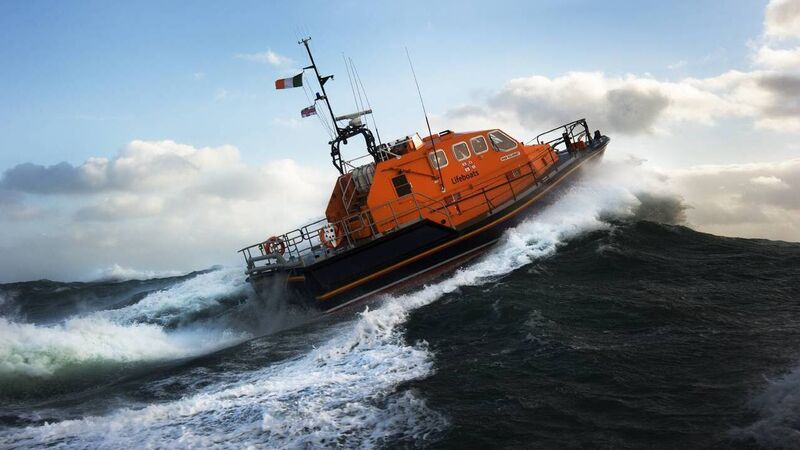Letters to the Editor: Water safety as crucial as road safety

More than half of accidental drownings, 57%, were preceded by land-based activities such as walking and angling from shore, says Water Safety Ireland deputy CEO Roger Sweeney
I am writing to highlight the urgent need for increased prioritisation of water safety in Ireland, paralleling the significant attention we give to road safety. Every year, numerous lives are lost or permanently affected by preventable water-related accidents, particularly over the summer months.
Drowning tragedies leave an average of 10 families and communities in grief every month. It is a year-round killer, taking an average of 118 lives annually. Notably, of the 1,300 road and water deaths that occurred over five years, 45% were drownings. Males accounted for 70% and half were people aged 40 to 64.











